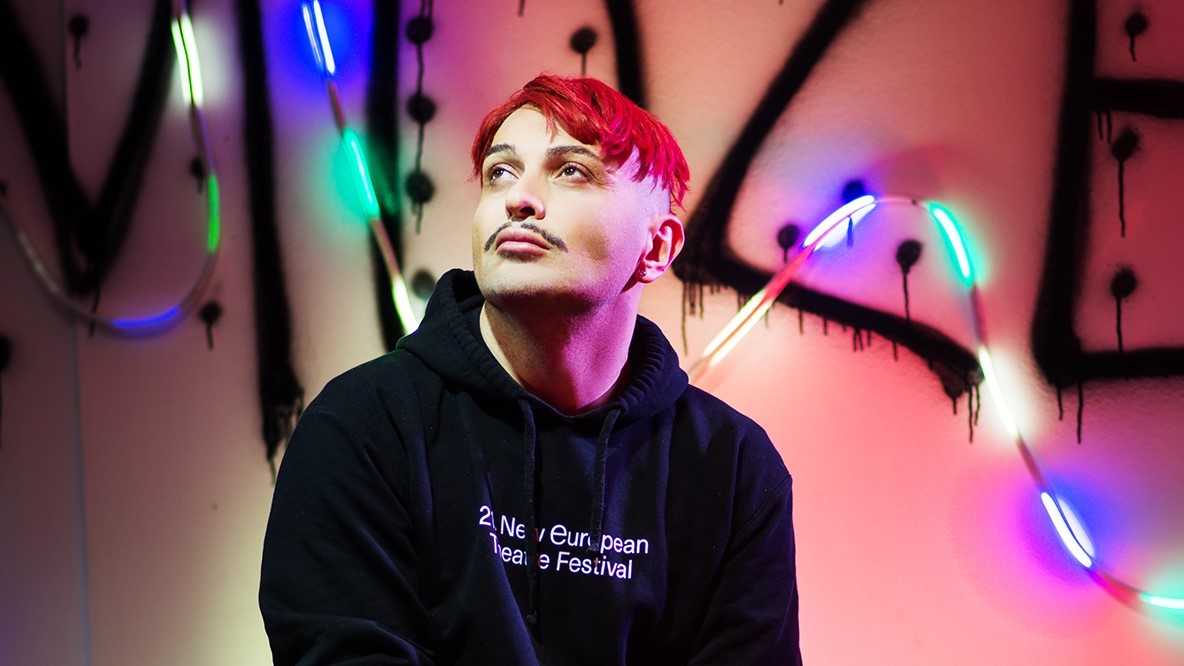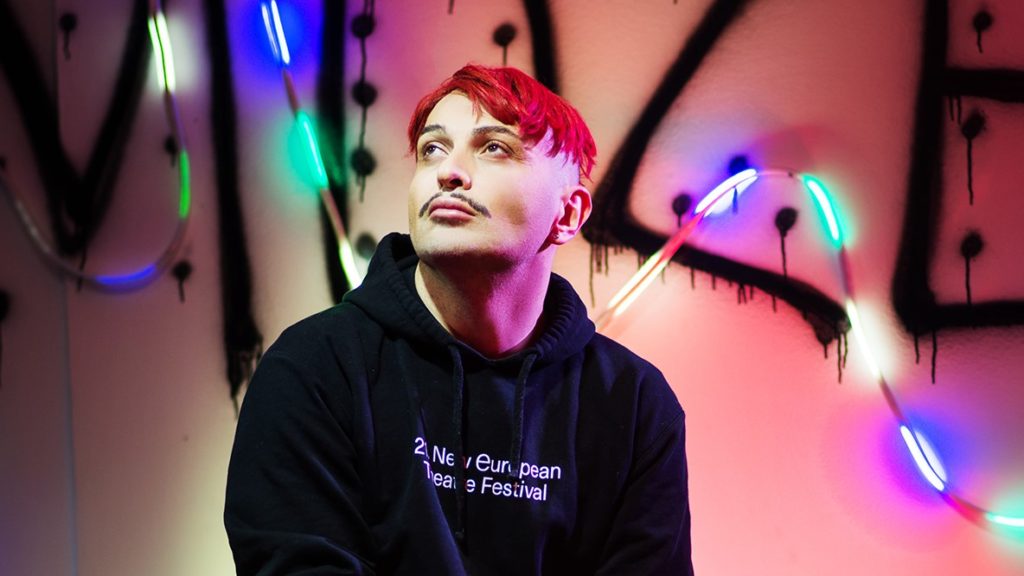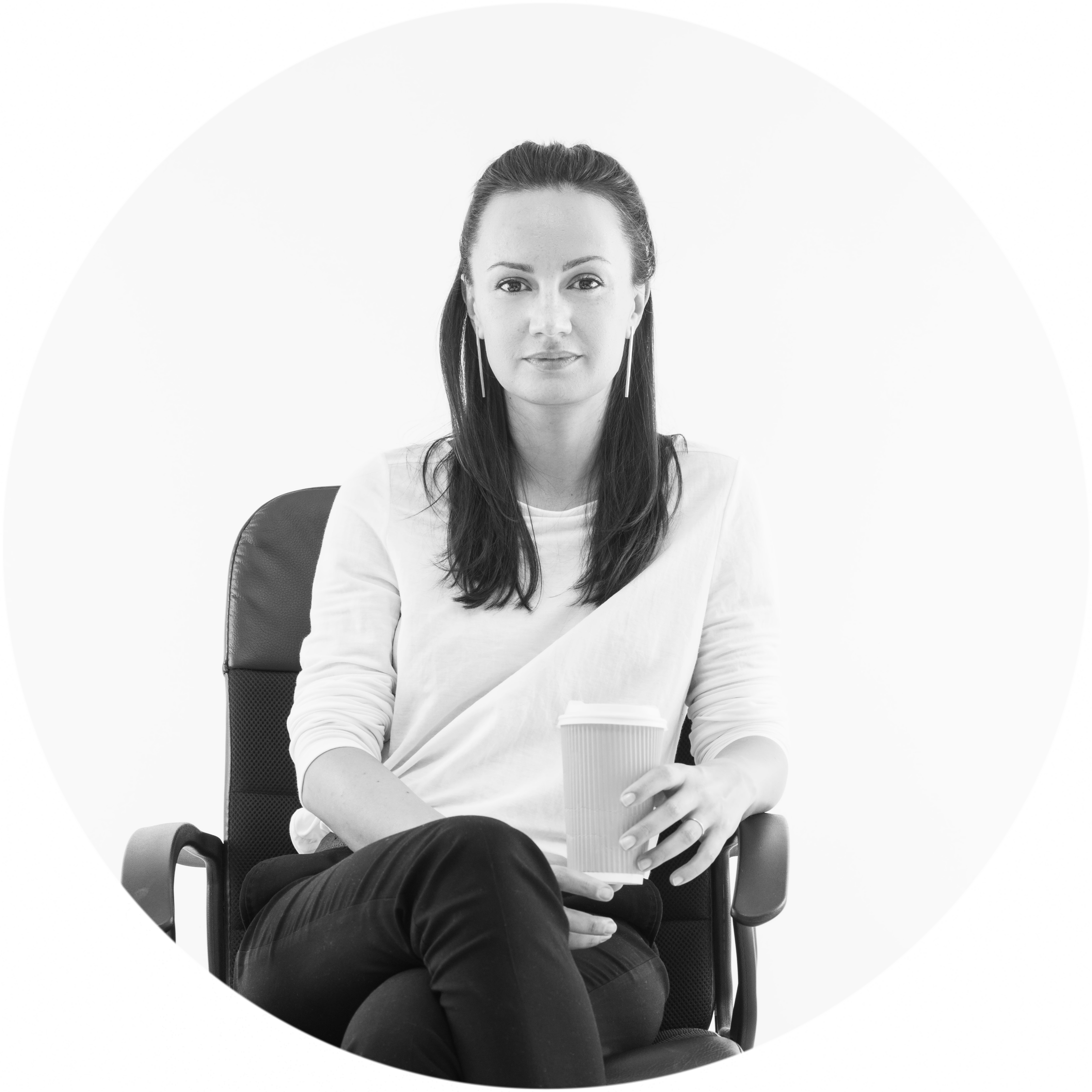Ivo Dimchev: Emotions are closely related to all the things we have suppressed in the subconscious

Ivo Dimchev is a choreographer, visual artist, singer-songwriter. He is the author of more than 30 performances and a winner of numerous international awards for dance and theatre. In addition to his artistic work, Ivo teaches master classes at the National Theater Academy in Budapest, the Royal Conservatory of Dance in Antwerp, the University of the Arts in Bern, DanceWeb in Vienna and others. He is the founder and director of the Humarts Foundation in Bulgaria, in 2014 he opened MOZEI in Sofia, an independent space for contemporary art and music. He has two published books and two music albums. This interview is part of series of conversations with popular Bulgarians on mental wellbeing, organised by our Bulgarian member “Skin – mental health platform”. In the run-up to the European Mental Health Week, Skin calls for an open conversation about mental health.

Tell me about your fears. What scares you? Were there times when you couldn’t deal with your fears and needed help?
There have been times when I have lost hope and motivation for life. For example, when I found out that I had liver fibrosis because of the HIV drugs I was taking 10 years ago, and I couldn’t stop them because of the danger of AIDS. At the same time, I broke up with the man I lived with for 7 years and was completely alone in the gloomy and rainy Brussels. This was my hardest period, which lasted about 2-3 years. It took me a long time to master my physical health and learn to live alone, love myself, and be happy outside of work. But I rarely lose rationale; even in the most difficult moments, I find some way to make it functional. Art helps me a lot in this.
What does it mean for you to be mentally healthy? What is your notion of mental ill health? What is (ab)normal, in your opinion?
I’ve been called crazy all my life since I was a child, but I don’t consider myself crazy, so it’s hard for me to say. I’m extravagant, I’m creative, I have non-standard ideas; sometimes I’m recklessly brave, I rarely compromise my work. I guess from the outside, it looks like a kind of madness. But none of this has ever been associated with suffering. To me, a mentally unhealthy person is a person who suffers emotionally. No matter the reason. For me, a healthy person is a person who can generate and witness love, regardless of the unbearable situation and without the presence of inner battle. I don’t know if this is possible, but this is a mentally healthy person for me. Innocent, non-judgmental, understanding, accepting, forgiving. From this, it seems that only Jesus and the Buddha have ever been mentally healthy, but from my personal observations, these are the requirements to determine someone who is mentally healthy.
What is your connection to your emotions? Do you find that you can recognize them, name them and talk about them and do you think this is a necessary skill?
I have no confidence in my emotions. And I’m cautious with them. But they do a wonderful job for me as I express myself as an actor, choreographer, artist, composer or singer. I have almost completely tamed them in my work; but in life, I have often been their victim. Fortunately, more and more seldom. Emotions are closely related to all the things we have suppressed in the subconscious. I have the good fortune to express and articulate an extensive range of emotions, fears and concepts about life and death on stage, and this saves me because practically there, in spotlights, in front of strangers, I juggle elements of my subconscious — something I would rarely allow myself to do in real life. Maybe that’s why I define myself as a stage addict. Thanks to the stage, I achieved a relative balance.
Why is being in your body the best place you can be?
It depends on how far your concept of the body extends and whether you are OK or not OK with all the shortcomings and availability in this space. On the other hand, the body is the best place because we have no other choice…. Unless we’re willing to lose it.
This interview was first published on “Skin – mental health platform.”
Stay connected
Get our latest news, personal stories, research articles, and job opportunities.

